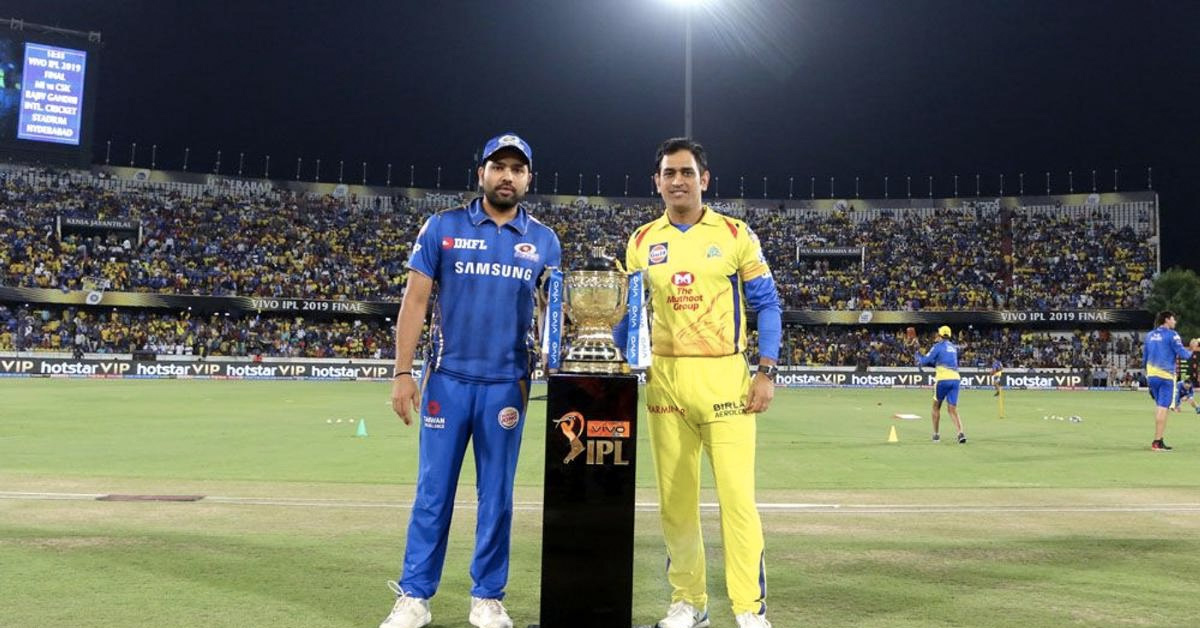Sports Market
Banning Chinese products will hurt India's sports segment

While the judgement is still to be delivered on whether there has been a Chinese incursion in the Galwan Valley or which country rightfully lays claim to the disputed stretch of land along the Sino-India border, within India, digital and real borders are being hurriedly drawn. Amid the calls of banning Chinese products, on June 29, the Indian government banned 59 Chinese apps including WeChat and TikTok citing the “threat to sovereignty and integrity” that these apps pose through the misuse and transmission of user data to servers outside India. Paying homage and respect to a country is one thing, but in the age of complex stake-holding is it feasible to dismiss products of a country just because our sentiments are running high? Indian sports market has a big tie up with China, which cannot be overseen even if the call is to boycott the country.
According to the Ministry of Commerce & Industry’s Export Import Data Bank, commodities worth Rs 91,872.59 lakh were imported from China from April 2019 to February 2020 under the head of “Artcles and equipment for gymnastics, athletics, other sports (incl table tennis)/outdoor games.” The total import for the same head and period was ₹ 139,912.07 lakh. China accounted for over 65% of that market. A distant second was Japan (Rs 11,588.51 lakh). The growth of Chinese imports in Indian sports market has been rapid. From Rs 59,434.58 lakh in 2014-15 to Rs 107,514.25 lakh in 2018-19, according to the ministry’s data. That’s an over 80 per cent rise in just five years.
China plays a very big role in esports, especially in India. Tencent, a Chinese multinational conglomerate is actually responsible behind the giant esports title PUBG in India, holding 10% stake in Bluehole, the developers of PUBG. Not just PUBG, but Tencent holds stakes in many companies like Activision, developer of the popular shooter Call of Duty series, Riot Games, the developers behind the popular MOBA (Multiplayer Online Battle Arena) game League of Legends and many more. With the recent influx of ‘boycott Chinese goods’ surrounding Indian social media, it is easier said than done as China plays a major role in Indian sports and esports, therefore boycotting would be easier said than done.
DoTA 2 is a popular esports title that held its annual competition The International (TI), in China last year. Three of the eight teams who have won TI are from China. For avid players of the game, it is noticed that compared to most countries, China has more than 2 servers available whereas India and other Asian countries are grouped under a single South East Asia server. Chinese fans of DoTA 2 often flock to The International in huge numbers and are a visible fan base that renders the rest of South East Asia under an umbrella term. Call of Duty Mobile, the mobile version of the popular PC shooter game is developed by TiMi which is a subsidiary of Tencent.
Esports isn’t the only field affected by Chinese investments. Many of India’s sports are funded by Chinese indirectly. Indian Premier League (IPL) of 2019 was backed by Vivo, a smartphone company that operates under BBK electronics which is a Chinese company that manufactures electronics. IPL’s official partners are Dream11 and Paytm which are backed by Tencent and Alibaba respectively. IPL teams are also backed by Chinese companies in some way, with Alibaba holding 23% stake in Zomato, a sponsor of Royal Challengers Bangalore. Dream11 sponsors IPL teams like Mumbai Indians, Chennai Super Kings and Rajasthan Royals.
Vivo also paid ~ 300 crore to command the title sponsorship rights of the Pro Kabaddi League for five years, their rivals Oppo outbid them (~ 1079 crore to Vivo’s ~ 768 crore) to become the Indian cricket team’s primary shirt sponsor in 2017.
Individual sports players also endorse brands possibly without knowledge that they are funded by China. India’s badminton champion PV Sindhu is sponsored by Li Ning, a Chinese company that manufactures shoes and sporting goods for athletes. BBK Electronics’ IQOO, a smartphone brand appointed Virat Kohli as their brand ambassador in February. The athletes have recently faced backlash in light of the recent events between India and China.
Also read: Mumbai City FC to participate in eSports challenge

